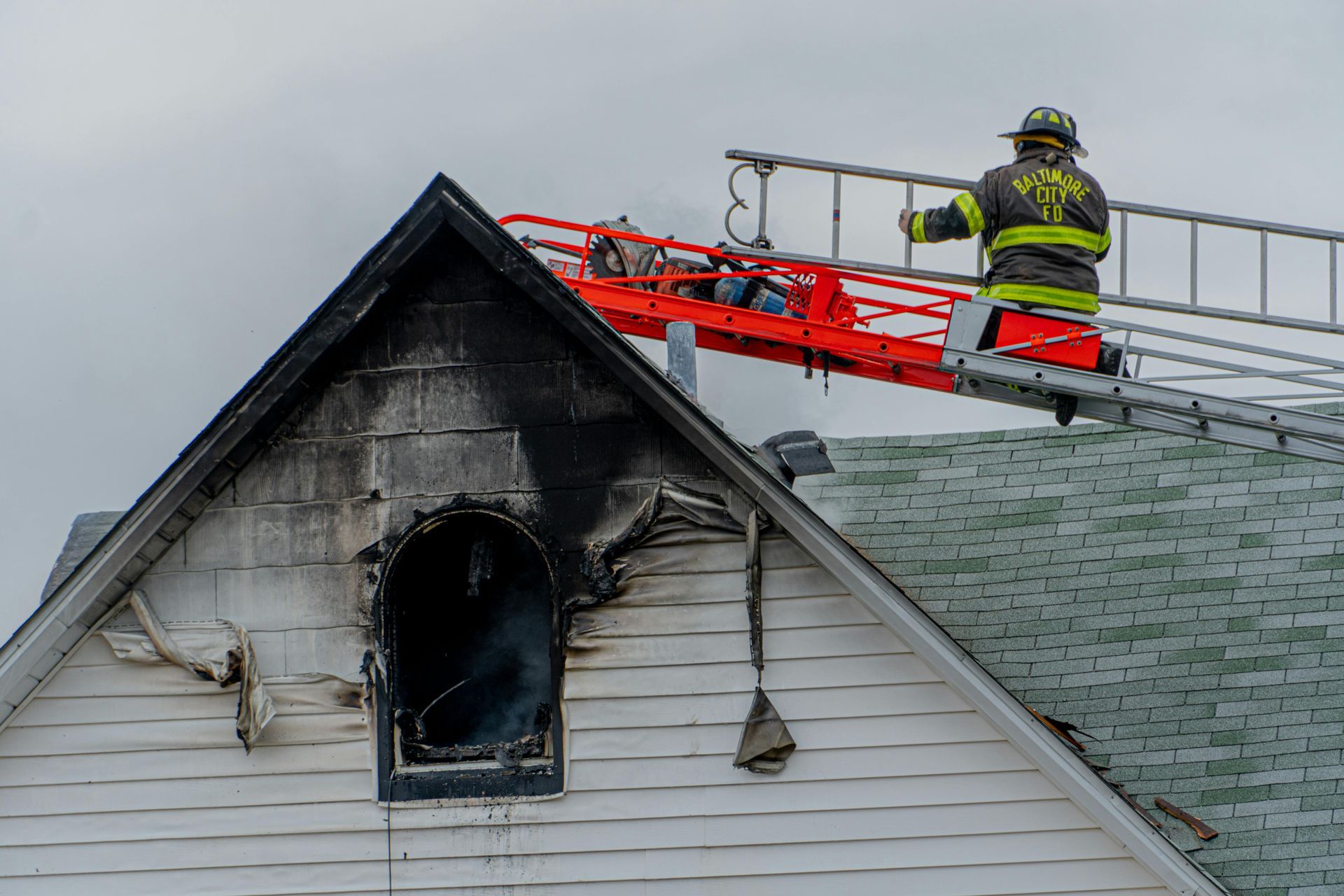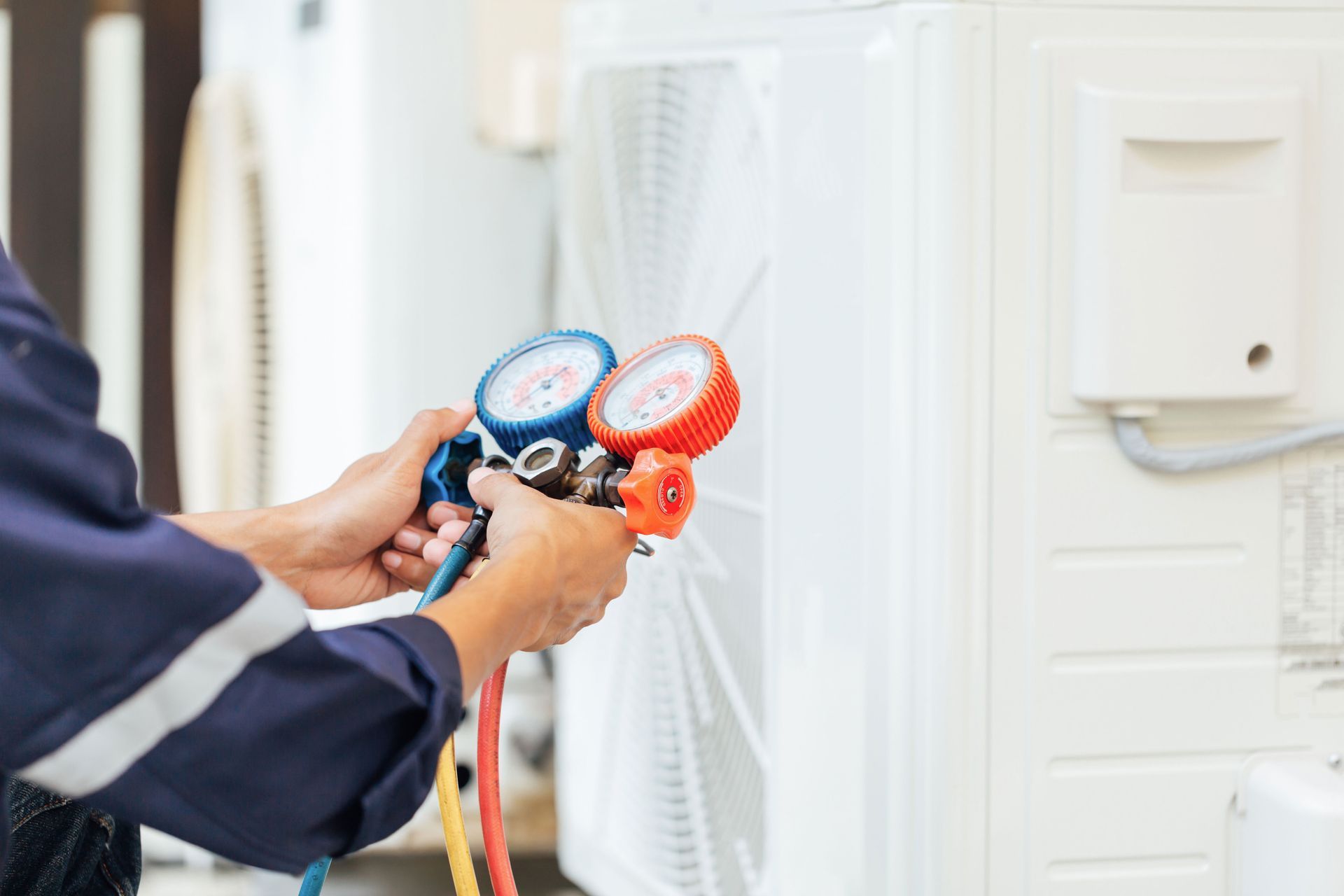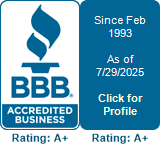Top-Rated Water Damage Restoration in Richmond, VA
Who is the Best Water Damage Restoration Service in Richmond, VA?
When water damage strikes, whether from a burst pipe, storm, or roof leak, quick and professional restoration is critical. In Richmond, Wilton Construction Fire & Water Services is a trusted choice for homeowners and businesses seeking fast, reliable
water damage restoration. With decades of experience and 24/7 emergency response, Wilton Construction ensures your property is restored safely and efficiently.
FAQ: Water Damage Restoration in Richmond, VA
Q: What makes Wilton Construction one of the best water damage restoration companies in Richmond, VA?
A: Wilton Construction has been serving the Richmond area since 1983, handling both residential and commercial water damage emergencies. Our focus on honesty, integrity, and expertise sets us apart. With 24/7 emergency services, Wilton Construction responds promptly to water damage situations, preventing further issues such as mold growth or structural damage.
Q: What is the water damage restoration process?
A: The restoration process begins with mitigation. This entails stopping the water source if possible, removing standing water, and safely diagnosing unsalvageable items. Next comes full restoration, which includes drying and cleaning affected areas using commercial-grade equipment like dehumidifiers and air scrubbers. The goal is to return the property to its pre-damage condition while minimizing costs and long-term issues.
Q: How quickly can Wilton Construction start water damage restoration in Richmond?
A: Because
water damage can worsen quickly, Wilton Construction offers 24/7 emergency response. In many cases, mitigation can begin within the hour after a call, helping to limit damage, reduce restoration costs, and prevent mold or structural problems.
Q: Does Wilton Construction handle both residential and commercial water damage?
A: Yes. Wilton Construction provides water damage restoration for homes and businesses throughout Richmond and surrounding counties, including Powhatan, Midlothian, Chesterfield, Henrico, and Hanover.
Q: How do property owners know when professional water damage restoration is needed?
A: Common warning signs include visible standing water, musty odors, wall or ceiling stains, warped flooring, or sudden increases in water bills. Water often spreads into hidden spaces, making professional assessment essential to prevent mold and ensure complete drying. Wilton Construction also offers inspections and free estimates for property owners unsure of the extent of the damage.
Why Choose Wilton Construction for Water Damage Restoration in Richmond, VA?
Wilton Construction Fire & Water Services combines decades of experience with fast, professional, and thorough water damage restoration. Our emergency availability, full mitigation-to-restoration process, and local knowledge make us a leading choice for Richmond residents and businesses facing water damage.
Looking for fast and reliable water damage restoration service?
Contact Wilton Construction for 24/7 emergency water damage restoration services, including a complimentary inspection today!
You might also like





